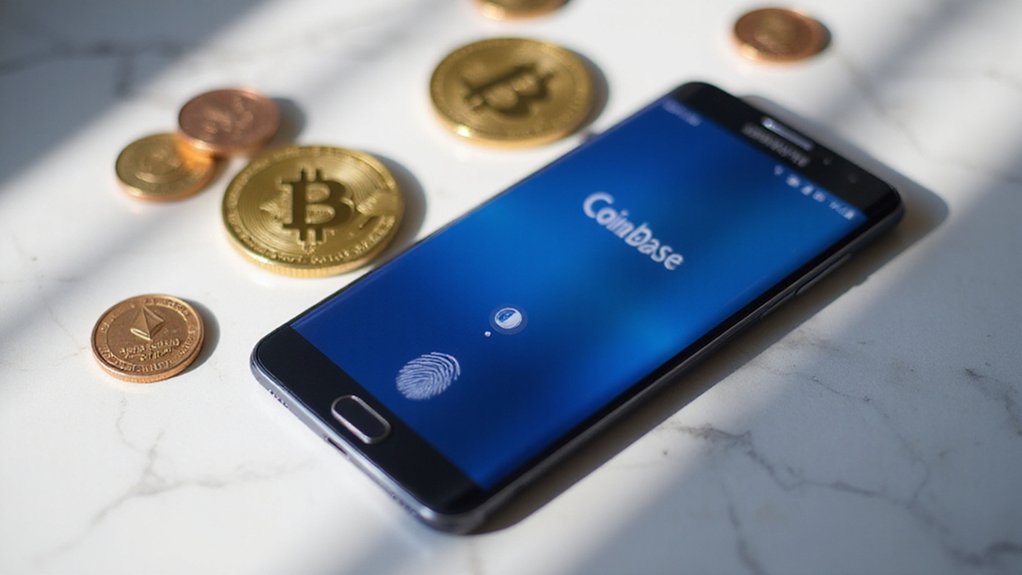European financial technology has reached another milestone in its relentless march toward crypto-traditional finance convergence, as MoonPay’s integration with Revolut Pay now allows millions of UK and EU users to purchase cryptocurrencies with a single click across more than 500 digital asset platforms.
The partnership streamlines what has traditionally been a friction-laden process into something resembling mainstream e-commerce—biometric confirmation or passcode entry replaces the familiar dance of card declines and identity verification delays that have long plagued crypto onboarding. This integration taps into Revolut’s substantial European user base, offering familiar payment infrastructure to an ecosystem that has historically struggled with accessibility barriers.
For MoonPay’s partner platforms, the integration promises reduced checkout abandonment rates—a persistent challenge when potential buyers encounter payment hurdles at the vital moment of transaction completion. The built-in fraud protection and instant processing capabilities of Revolut Pay address operational concerns while potentially broadening crypto’s retail penetration in heavily regulated European markets.
Revolut’s crypto offerings present an interesting study in convenience versus control. Users can execute immediate purchases at current exchange rates, establish recurring buy schedules, or set target rates for future transactions through auto exchange functionality. The platform even includes a spare change round-up feature, transforming everyday purchases into crypto accumulation opportunities. All transaction data benefits from 2048-bit SSL encryption, ensuring secure transmission during the cryptocurrency purchase process.
Revolut transforms routine spending into crypto accumulation through automated features that prioritize seamless user experience over true digital asset ownership.
However, the arrangement reveals crypto’s ongoing identity crisis between speculation vehicle and functional currency. Most cryptocurrencies purchased through Revolut cannot be withdrawn to external wallets—users fundamentally hold IOUs rather than actual digital assets. Only Revolut Metal subscribers enjoy limited Bitcoin withdrawal privileges (£1,000 monthly), while standard users remain confined within the app’s ecosystem. Beyond centralized exchange features, users increasingly seek exposure to decentralized finance protocols that eliminate traditional intermediaries through smart contracts and peer-to-peer functionality.
The fee structure follows a tiered approach, ranging from 1.49% for transactions under £10,000 to progressively lower rates for larger amounts. These costs, while transparent, underscore the premium attached to convenience in crypto purchasing. Premium and Metal subscribers benefit from significantly lower rates, with fees dropping to zero for high-volume traders exceeding £250,000 in monthly trading volume.
This integration represents a broader trend: traditional fintech infrastructure absorbing crypto functionality rather than crypto developing independent mainstream accessibility. Whether this constitutes genuine adoption or merely sophisticated speculation packaging remains an open question, though millions of European users now have decidedly fewer excuses for avoiding digital asset experimentation.









